Inside FC Midtjylland's 'Moneyball' wonderkid factory and the Guldminen
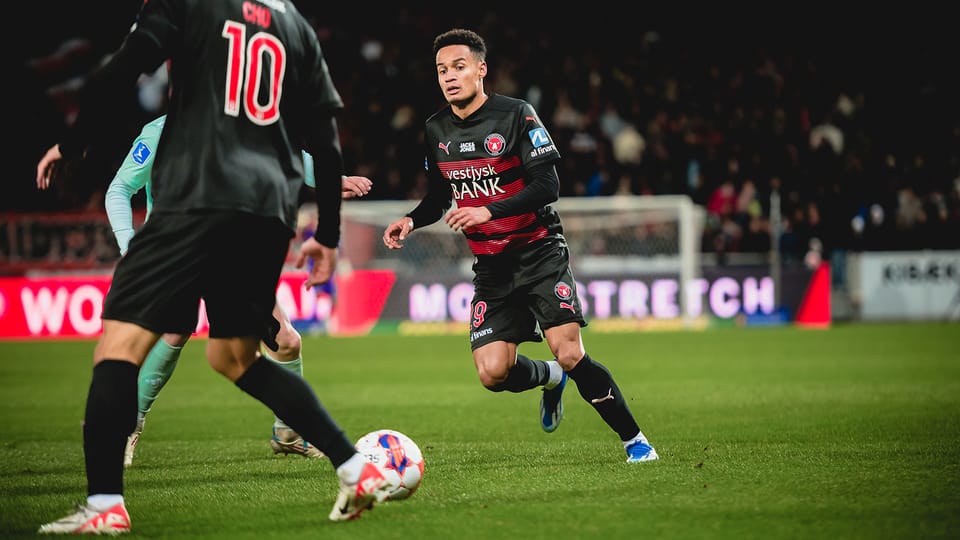
- FC Midtjylland, a Danish football club, has made significant strides in football through innovative use of analytics and a unique approach to talent development.
- The club has seen rapid progression, from near-bankruptcy to achieving their first Superliga title, largely due to strategic investment and a focus on data science.
- Midtjylland's "Gold Mine" school aims to develop not just world-class athletes but well-rounded individuals, reflecting the club's forward-thinking ethos.
FC Midtjylland's journey from the brink of financial collapse to becoming a beacon of innovation in football mirrors a narrative straight out of Moneyball.
The Danish club share an owner with Brentford in the English Premier League, and have become a force in Danish football. In the football scouting community, FC Midtjylland have become a prestigious brand, synomous with their consistent ability to produce football wonderkids.
The club's use of analytical methods to improve on-field performance and its pioneering approach to player development have placed it at the forefront of football's analytical revolution. With a strategy that combines the latest in sports science with a commitment to holistic education, Midtjylland is crafting the blueprint for the future of football.
How did FC Midtjylland build the first wonderkid factory academy in Denmark?
Promoted to the Danish Superliga in 2000, the top-flight of Danish football, Midtjylland's owners at the time realised that they needed to do something different to gain an advantage over competitors, both on and off the field.
At the time, Midtjylland's income was low, and revenue from player sales was almost non-existent, beyond that of nominal fees from player trading to and from other clubs in the Danish footballing pyramid.
So in 2004, a decision was made to establish their own football academy, which would become the first academy of its kind in Denmark. Inspired by a similar academy set up in France, but Ligue 1 side Nantes, the owners realised the value in creating a network with clubs across Denmark and beyond, in order to acquire younger players, and develop them.
How FC Midtjylland built an extensive scouting network
FC Midtjylland saw that the future of football was in partnerships. FC Midtjylland entered into formal agreements with a network of over 100 clubs in west Jutland, an area which stretches from Northern Germany to the most northerly tip of Denmark.
Midtjylland also admired Nantes' ability to partner with clubs in other countries, mainly in Africa, to scout players who are really out of the eye of their European rivals. FC Midtylland's first partnership on the African continent was with FC Ebedei in Nigeria, which has seen players such as Paul Onuachu make the transition from Nigeria to Denmark.
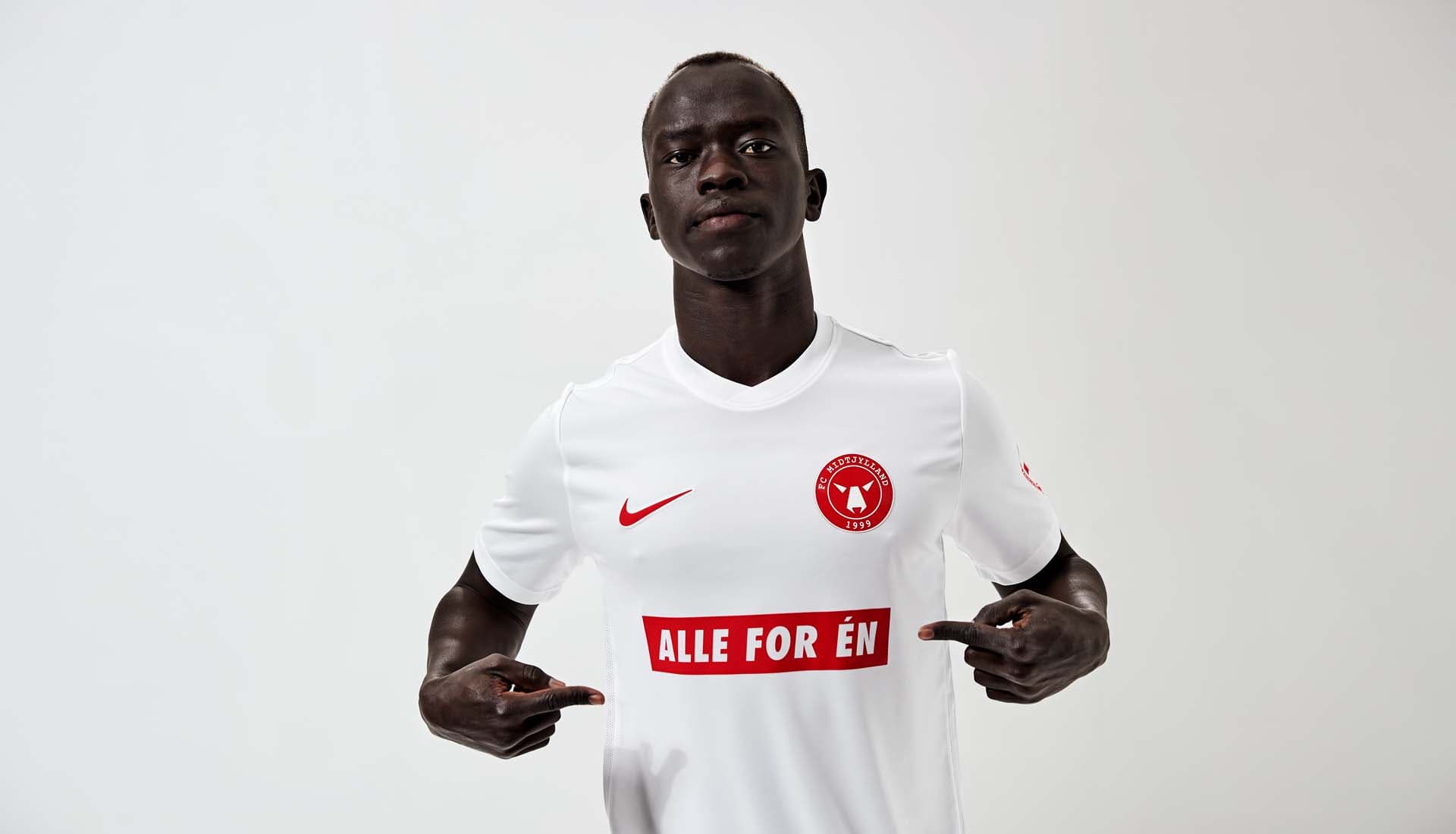
The promise to the Nigeran club was simple, FC Ebedei would allow FC Midtylland first refusal on any players. FC Midtylland signs a player they like for a decent fee, and a future sell-on fee is added into the contract, meaning that the Nigerian club will make revenue from the player's next transfer.
Not only that, but it's noted that FC Midtylland would help clubs such as FC Ebedei to improve their own scouting operations, by sharing knowledge, offering training, and even having Midtylland scouts on the ground at times in Nigeria.
How have FC Midtjylland revolutionised football with data analytics?
In 2014, Matthew Benham, owner of Brentford in the English Premier League, was looking for a club in Europe that he could start his multi-club model. The requirements were simple, a club who has the basics in place, that would benefit greatly from his approach of using data to better-identify talent and value from transfers.
Impressed by Midtjylland's academy structure, Benham set to work through the acquisition of a controlling interest in FC Midtjylland in 2014 marked the beginning of a transformative era. With an investment of £6.2m, Benham introduced a data-driven approach, leveraging his background in mathematical models to predict football outcomes.
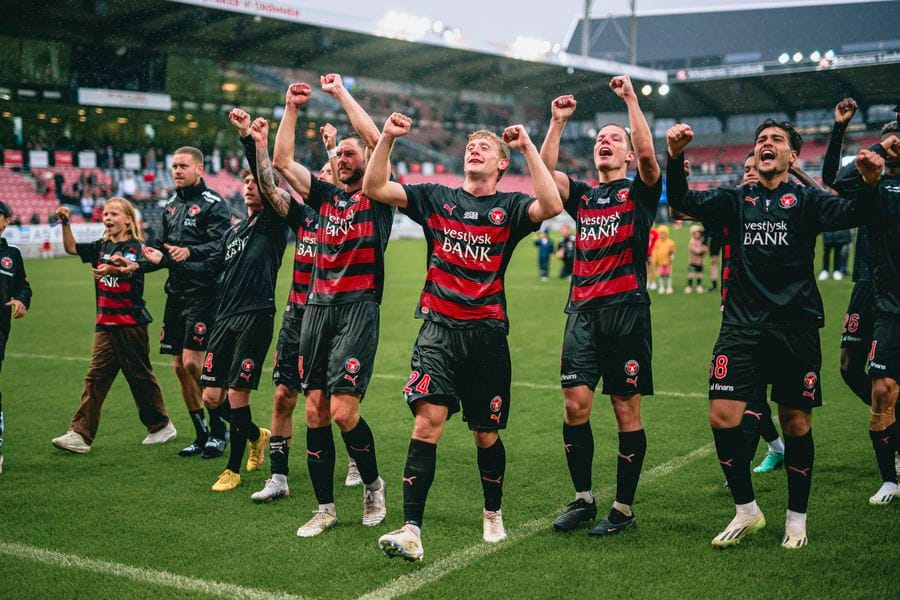
This analytical mindset extended beyond game strategy, impacting player acquisitions and on-field tactics, especially in utilising set pieces, where Midtjylland has excelled significantly. The appointment of specialist coaches and the establishment of the "set-piece lounge" underscore the club's commitment to leveraging analytics for competitive advantage.
Nearly half of Midtjylland's goals in recent seasons have originated from set pieces, a testament to the meticulous preparation and innovative training methods inspired by Benham's analytical philosophy.
What role does the "Gold Mine" school play in Midtjylland's success?
In 2019, FC Midtjylland embarked on a bold venture with the opening of Guldminen, the "Gold Mine" school. Situated within the club's training grounds, Guldminen is more than a sports academy; it is an educational institution aiming to nurture "super athletes" who are also responsible citizens.
The school's curriculum is designed around physical movement, integrating sports training with academic learning in a manner that caters to individual learning styles.
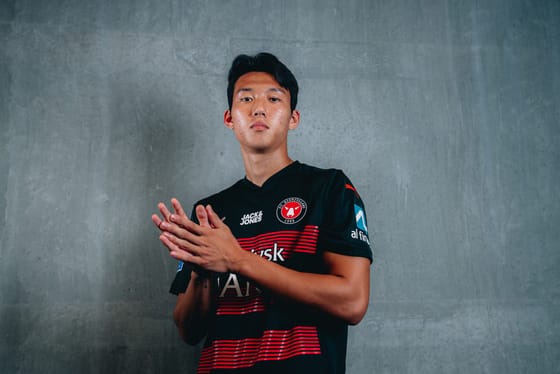
The vision for Guldminen extends beyond producing elite footballers; it seeks to develop leaders and individuals who are conscious of their social and environmental responsibilities. This approach is emblematic of Midtjylland's broader ethos: to innovate not only within football but in shaping the character and ambitions of its players.
FC Midtjylland's rise to prominence is a story of innovation, strategic investment, and a bold vision for the future. Through its analytical approach to football and the pioneering "Gold Mine" school, the club is setting new standards for player development and on-field success. As Midtjylland continues to challenge conventions, its journey offers valuable insights into how data analytics and a holistic approach to education can revolutionise football.
As Midtjylland forges ahead, the integration of analytics with a focus on sustainable development and education heralds a new era for football. The club's success, both domestically and potentially on the European stage, will likely inspire others to explore similar avenues of innovation. The question remains:
How far can analytics and education drive Midtjylland's ambition to not only compete with Europe's elite but also produce the world's best football wonderkids?
If you want more in-depth football analysis and exclusive newsletters like this, consider becoming a part of our growing community of cultured football fans with our free and paid memberships.
Your support is vital to our ability to grow and improve our independent football newsroom.
Read more:

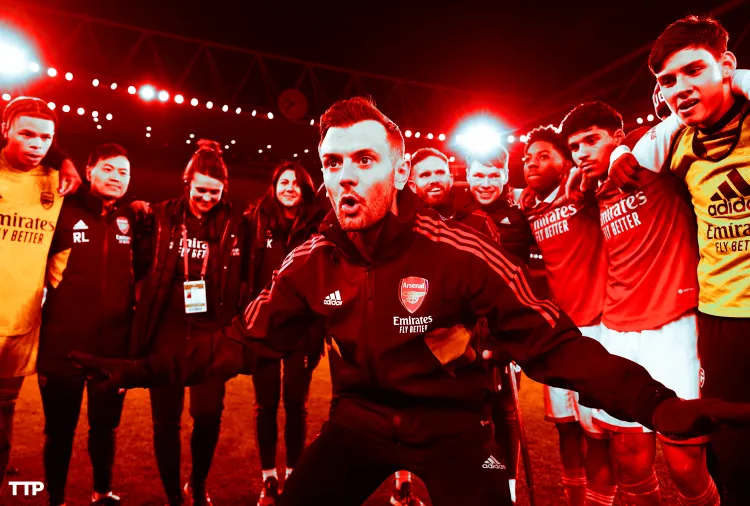

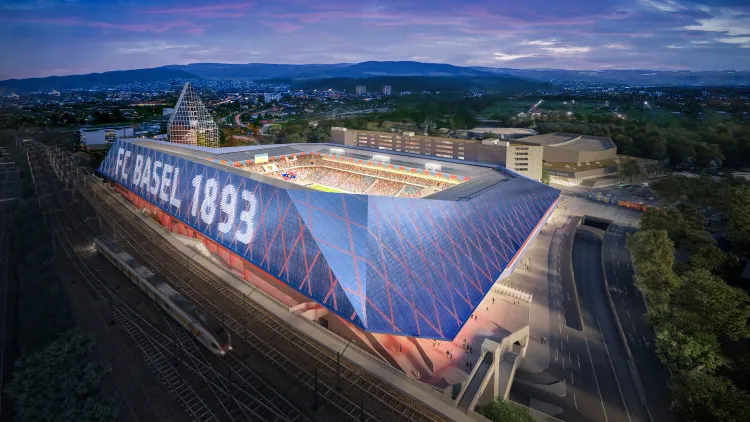
Comments ()